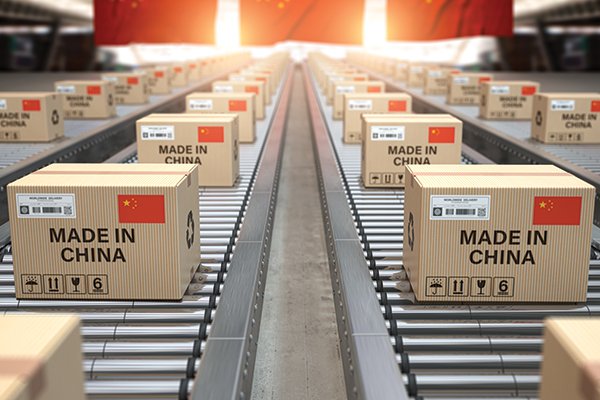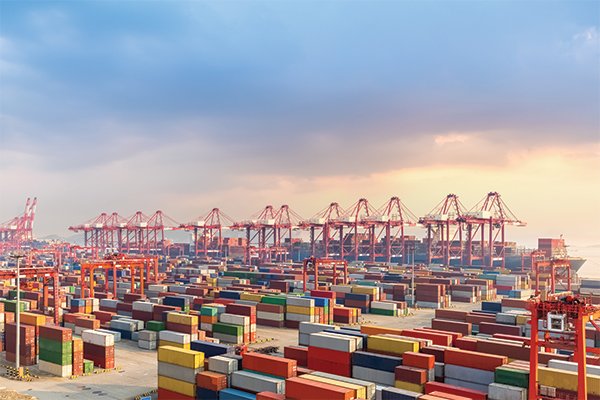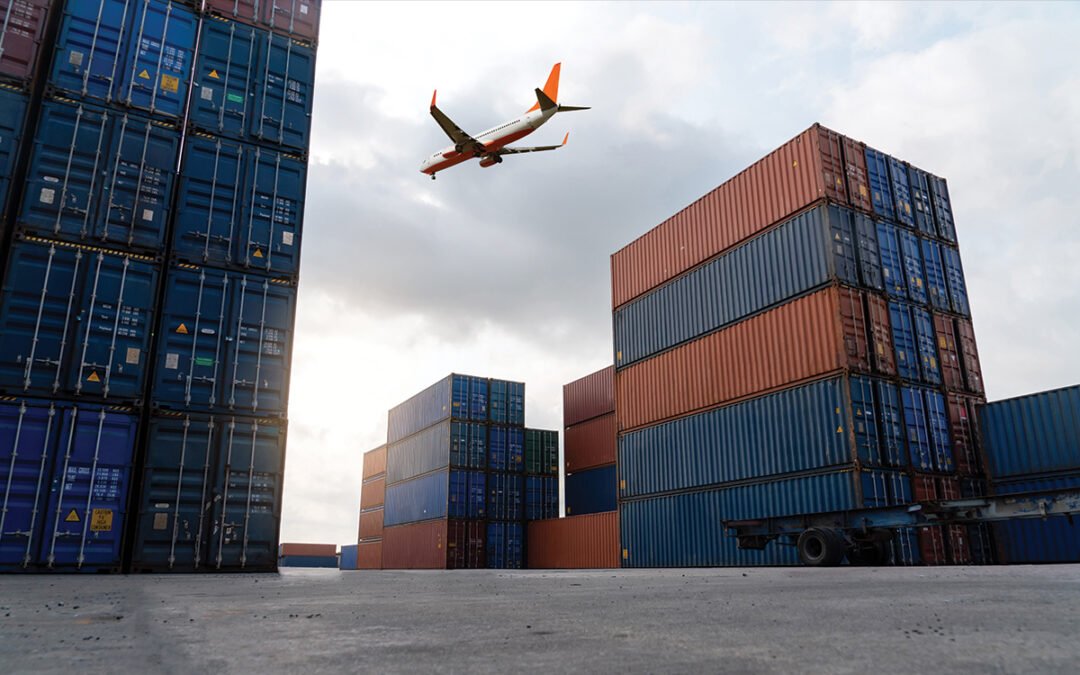China has released its first five-year plan for the growth of a modern logistics industry until 2025, emphasizing the necessity of fostering the sector’s digital transformation, boosting business competitiveness, and enhancing the calibre and effectiveness of logistics services. The government will prioritize the development of cold chain logistics, encourage the use of green packaging materials, and further cut energy use and emissions in the logistics sector, according to the plan made public by the General Office of the State Council on December 15.
Taking focused and special steps in order to improve modern logistics is one of the other main initiatives that need to be taken. These special steps include advancing the smart and digital upgradation of transportation, delivery, and storage as well as the packaging industry. Cold chain logistics and rural areas also need some more focus to strengthen the weak links in these arenas.

The logistics industry of China is currently facing difficulties due to differences between urban and rural areas.
With a leading position in all the countries around the world in terms of volume of cargo transportation and the increasing number of shipments, China owns the largest logistics industry in the world. According to the National Development and Reform Commission of China, the overall revenue of the nation totalled 12 trillion yuan ($1.74 trillion) in 2021.
The deputy head of the trade department of NDRC, Zhang Jiangbo, stated that the logistics industry of China is currently facing difficulties due to differences in infrastructure and service availability between urban and rural areas, as well as between the eastern and western regions of the nation, along with a scarcity of logistics companies that have the potential to compete on a global level.
He added that a variety of initiatives were included in the most recent five-year plan that had been adopted to bring about the competitive position of providers of logistics services, including initiatives to raise service quality and efficiency and improve the sector’s business environment. The document also aims to make logistics services less expensive for consumers overall by adopting tax and charge reductions and removing industry-wide bottlenecks.

Cold chain logistics and rural areas also need some more focus to strengthen the weak links in these arenas.
Given that over 50 million people are currently working in companies that are related to logistics, Zhang said the importance of the role of the industry in stabilizing the employment sector of the nation is also underlined in the strategy. According to him, the government is working towards increasing its support for the development of innovative business models in the sector and promoting job creation. He also said that more measures will be implemented to safeguard the rights of workers.
The policy document also emphasised the necessity of accelerating the creation of global logistics networks, emphasising the need to better organise freight train services between China and Europe, advance the growth of international warehousing, and encourage the major logistics service providers to expand their international service networks.
To improve international logistics services, China will also endeavour to better align its standards with those of other nations in the areas of quarantine, inspection, certification, and customs clearance.


















